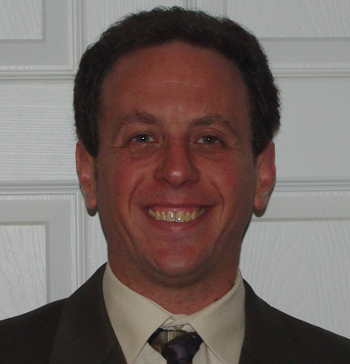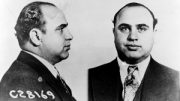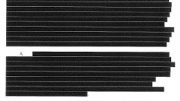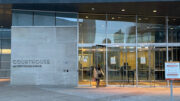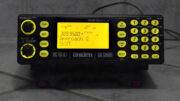By Jeffrey A. Roberts
CFOIC Executive Director
Russell Weisfield and the city of Arvada have settled a lawsuit over Arvada’s use of secret ballots to eliminate candidates for a vacant city council seat.
Weisfield, an Arvada resident, alleged a Colorado Open Meetings Law violation in 2014 after the council marked unsigned sheets of paper four times before finally settling on Jerry Marks as a new council member in District 1.
A 2012 amendment to the Open Meetings Law, aka the Sunshine Law, generally prohibits a public body in Colorado from voting in secret to adopt “any proposed policy, position, resolution, rule, or regulation” or to take “formal action.”
“Certainly I would have liked to have had the final judgment that the city was bound to follow the secret ballot provision of the Colorado Open Meetings Law and failed to so do, but I could no longer justify pursuing that ruling,” Weisfield said. “Among other things, the costs were continuing to rise and the citizens had already voted Jerry Marks out of office.”
Neither side conceded anything in the case, although Weisfield said Arvada agreed to pay “a large portion” of his legal fees.
Maria VanderKolk, communications manager for Arvada, said the city council “found it in the best interest of the taxpayers to settle this case.”
The merits of Weisfield’s lawsuit were argued only in court documents. A Jefferson County District Court judge, while acknowledging that “the voting procedure may have violated the secret ballot provision” of the Sunshine Law, dismissed the case because Weisfield couldn’t prove he had been personally harmed by the council’s hidden votes.
Responding to the dismissal, the Colorado legislature unanimously approved HB 14-1390, ensuring that anyone has legal standing to challenge violations of the Sunshine Law. Then the Colorado Court of Appeals revived Weisfield’s suit, broadly rejecting the district court judge’s decision on the standing issue.
The Colorado Supreme Court recently decided not to hear Arvada’s appeal.
The settlement likely means that some local governments in Colorado will continue to use secret ballots to fill board vacancies, arguing as Arvada did that the Colorado Constitution lets home-rule cities set their own procedures for municipal elections. The Sunshine Law, on the other hand, states that open government meetings are a matter of “statewide concern.”
Last spring, the Colorado Freedom of Information Coalition reported that Broomfield, Westminster, Thornton, Montrose, Fort Lupton, Florence and Woodland Park had recently filled council vacancies using procedures that hid how each council member voted.
The secret ballots ban in the Open Meetings Law stems from a lawsuit filed by businessman Ronald Henderson, who objected when the Fort Morgan City Council used anonymous written ballots to appoint two council members and a municipal judge in 2009 and 2010. The legislature passed the bill after the Court of Appeals ruled in Fort Morgan’s favor.
Under the law, city councils and other public bodies may use secret ballots to choose their own leadership.
Follow the Colorado Freedom of Information Coalition on Twitter @CoFOIC. Like CFOIC’s Facebook page. Do you appreciate the information and resources provided by CFOIC? Please consider making a tax-deductible donation.

